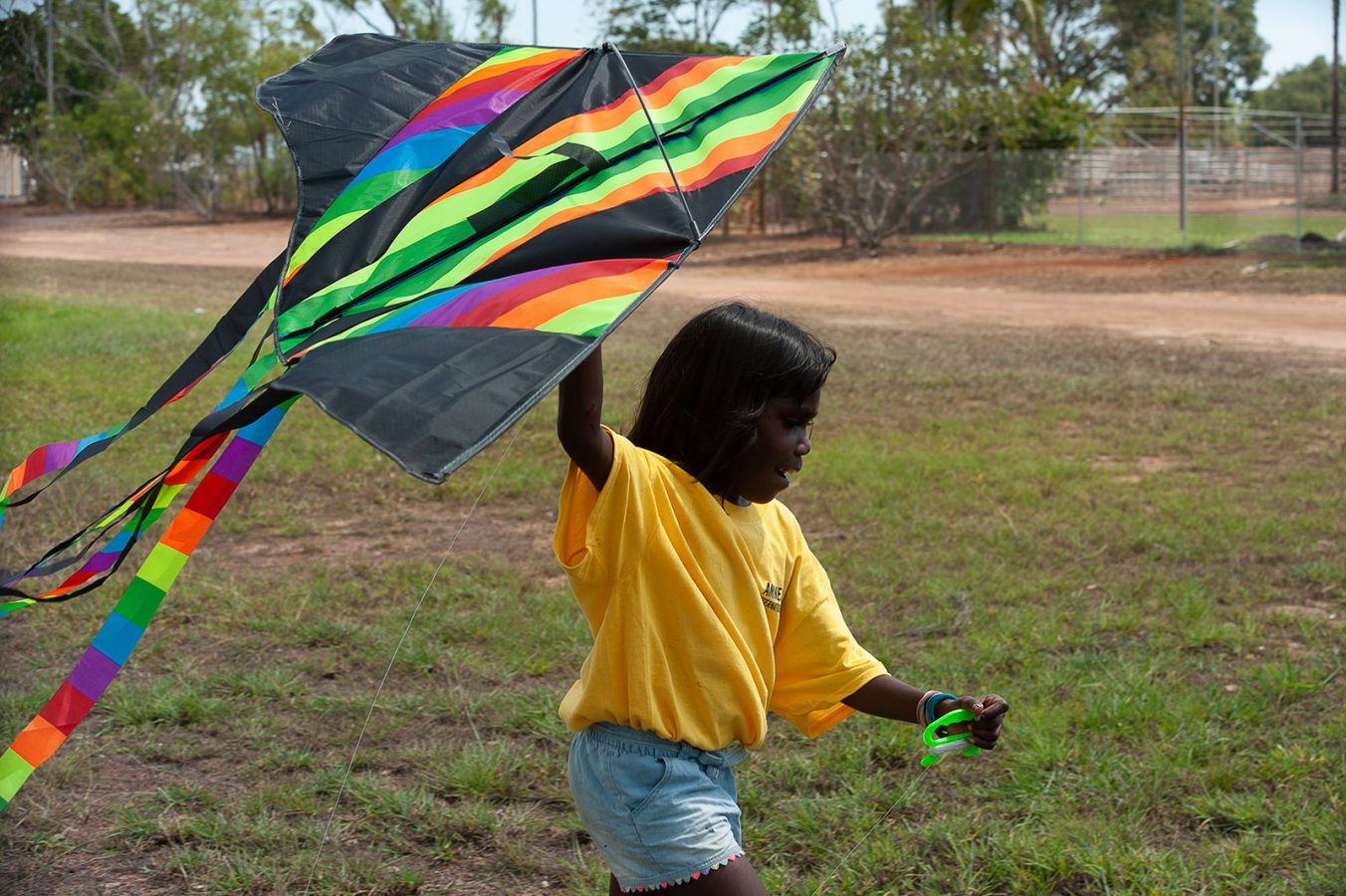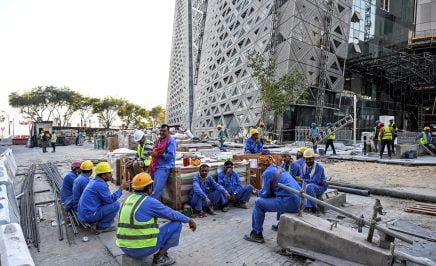A submission by Amnesty International Australia on the Tasmanian Government’s Discussion Paper to Reform Tasmania’s Youth Justice System has expressed serious concerns about the overrepresentation of First Nations youth in detention and the urgent need to raise the age of criminal responsibility to at least 14.
Amnesty also expressed concerns regarding Youth and Education Minister Roger Jaensch’s announcement of the construction of two new facilities to replace the mothballed Ashley Detention Centre.
“Putting children in prison is extremely damaging and just exacerbates existing issues kids face,” Amnesty International Australia Indigenous Rights Advisor, Rodney Dillon, said.
“Instead of removing kids from their family and community, it’s time to focus on Indigenous-led solutions and community programs, which have far better outcomes for both children and the wider community,” he said.
Amnesty International recommends that the Tasmanian Government adopt the evidence based Diagrama model of care and a justice reinvestment approach. The Diagrama model originated from Spain and is proven to reduce recidivism rates, help rehabilitate and reintegrate young people into society.
“There is significant evidence which shows that trauma-informed therapeutic approaches, such as locally run programs controlled by First Nations People, have far greater outcomes for Aboriginal and Torres Strait Islander children,” Dillon said.
Amnesty’s submission also highlights the need to reform the use of custody. The Tasmanian Government should reduce the types of offences by young people that lead to detention, release the high number of young individuals currently held in remand, and minimise the contact between young people by shifting the role of overseeing youth offending to other more socially-centred departments.
“The number of young people in detention awaiting sentencing in Tasmania is as high as 69% and the majority of young people in detention in Tasmania don’t receive any rehabilitation and reintegration efforts which would reduce the risk of reoffending when released,” Dillon said.





